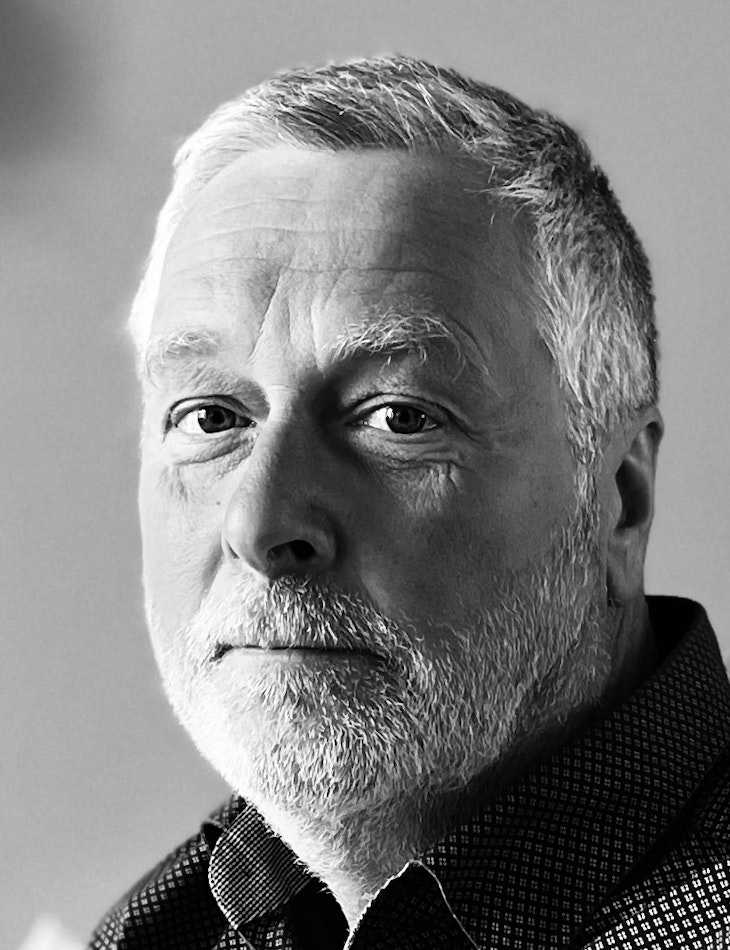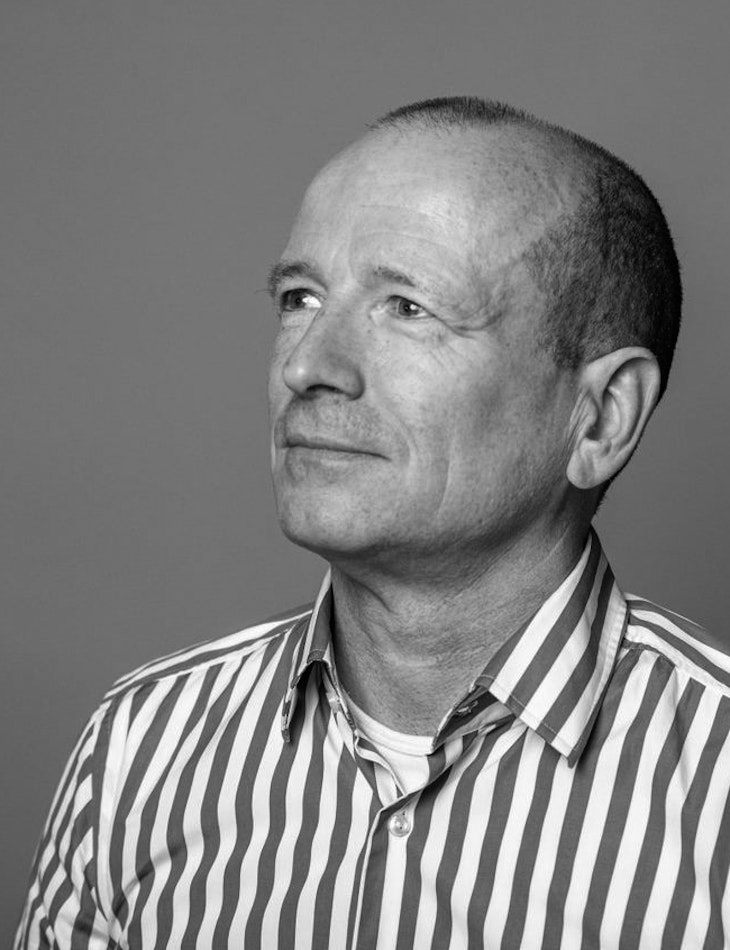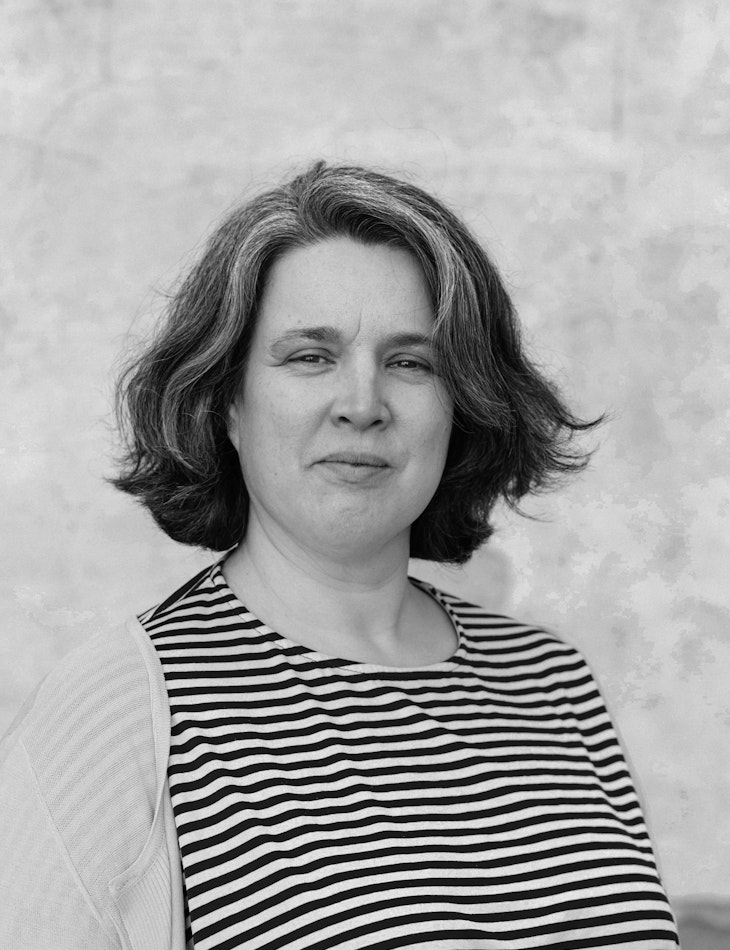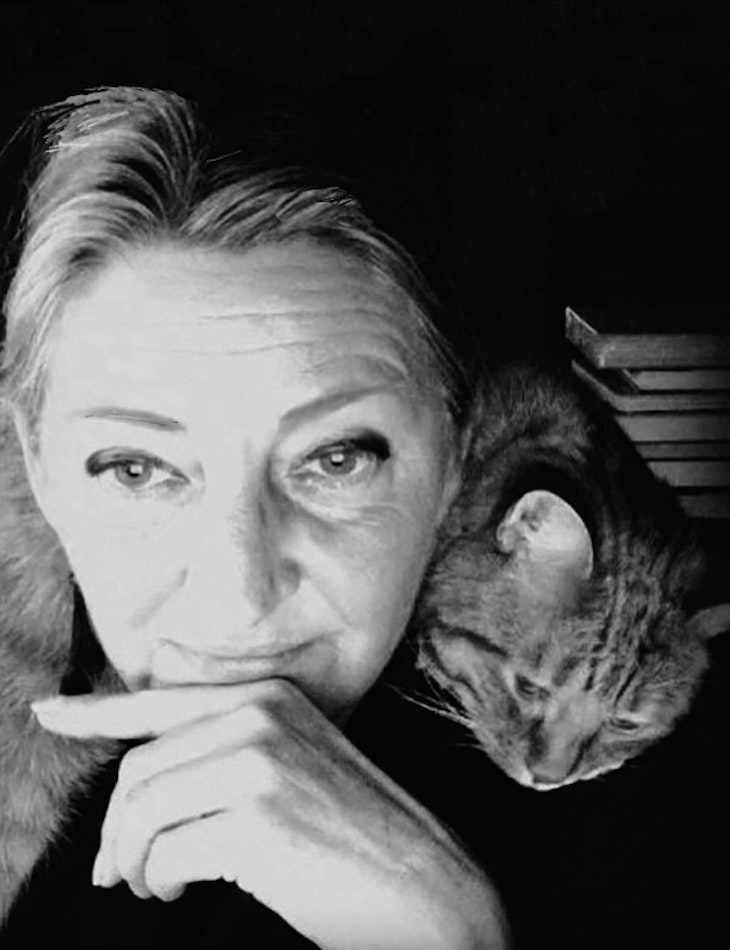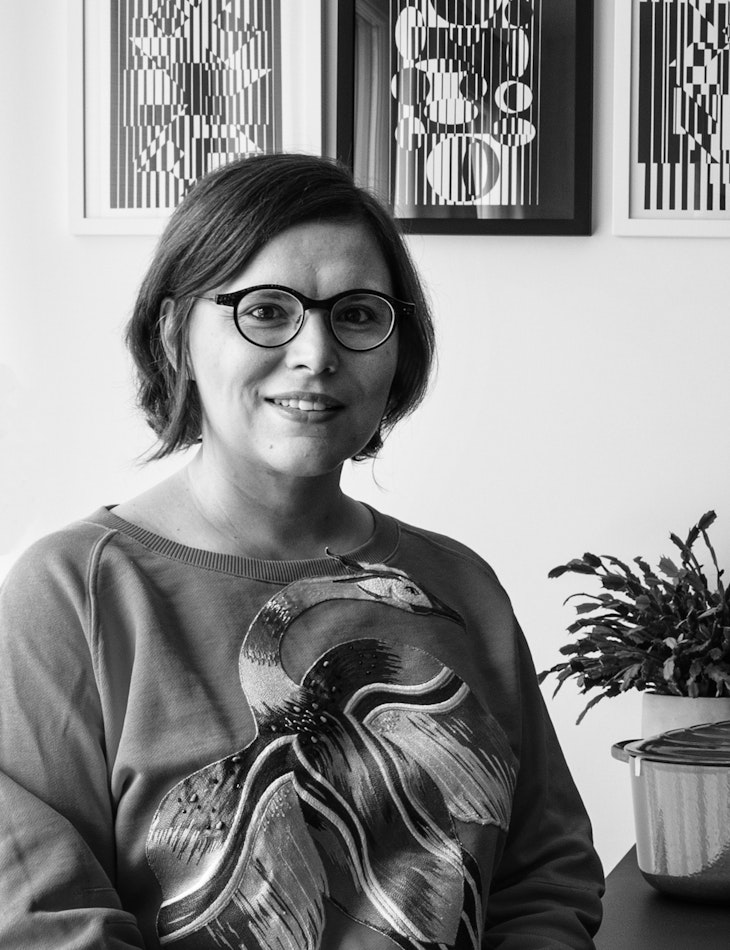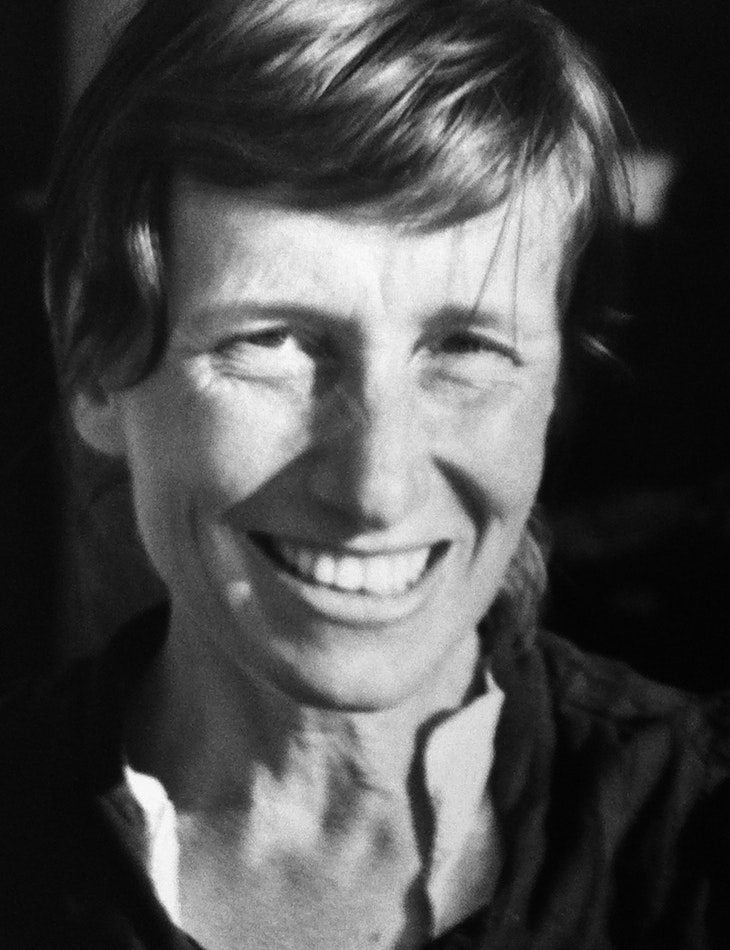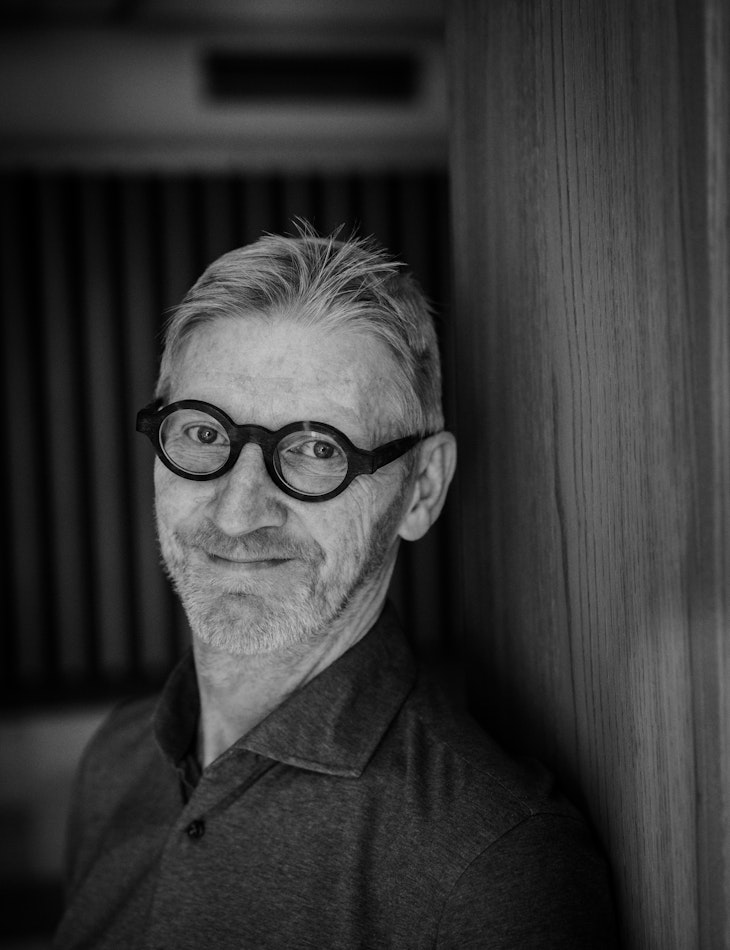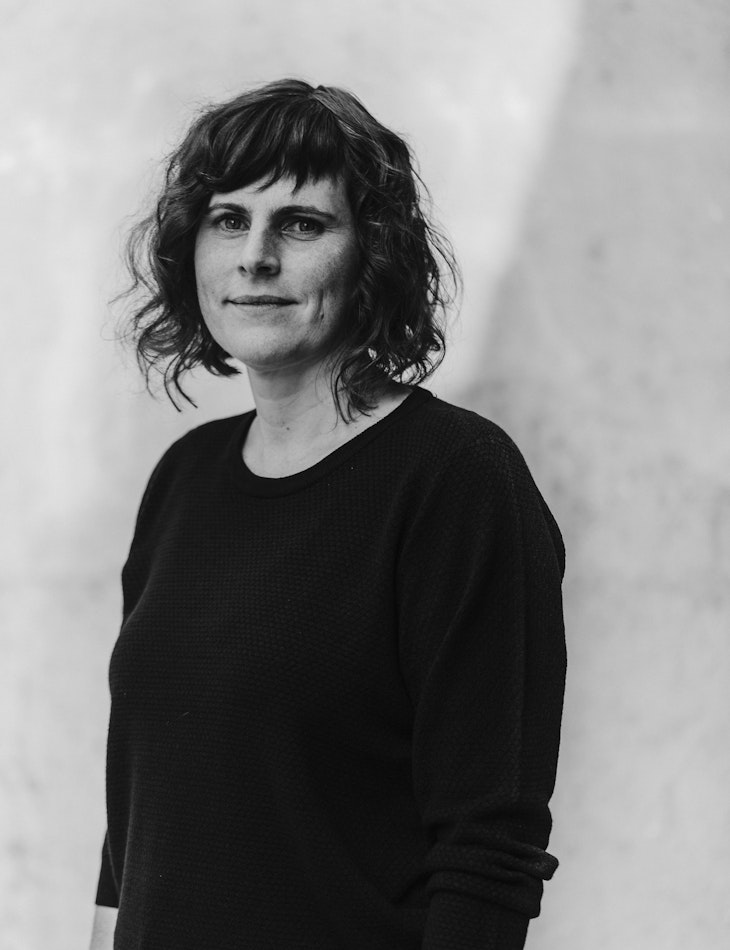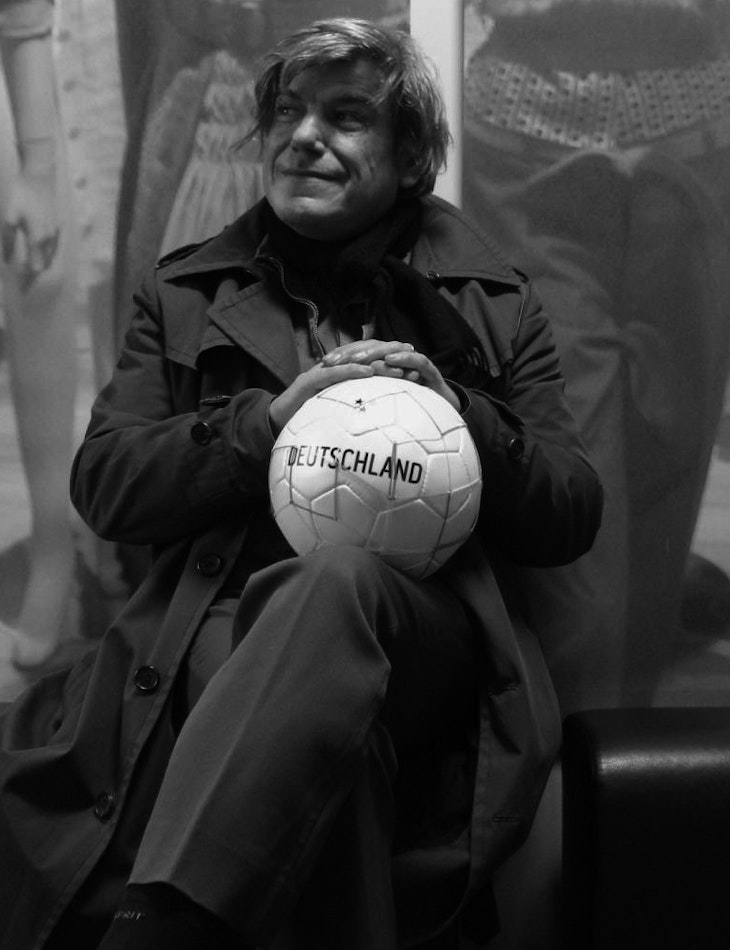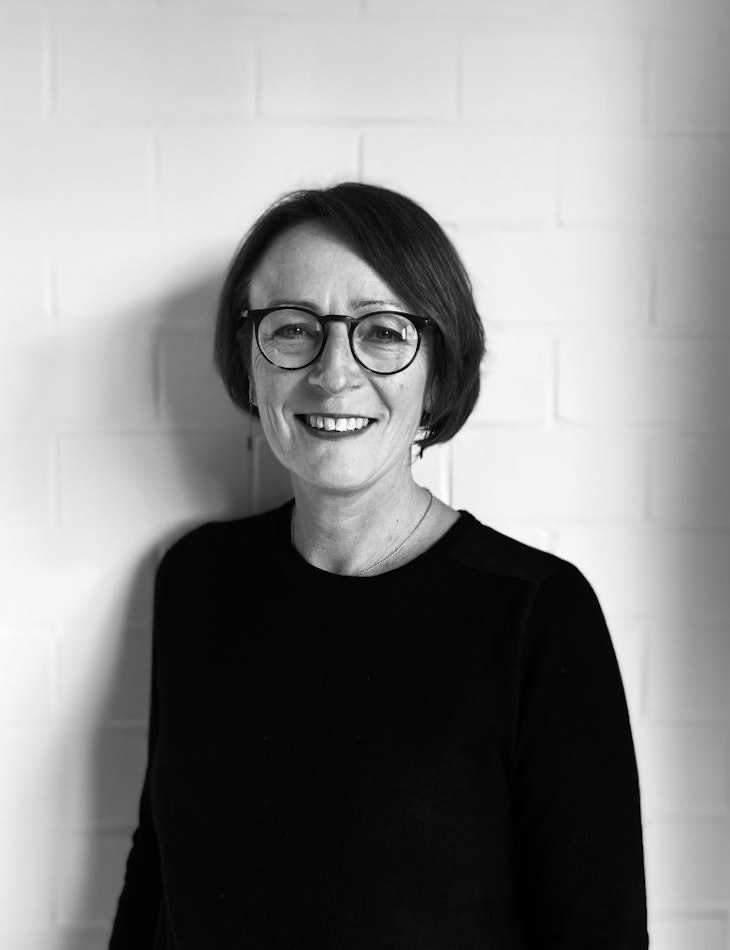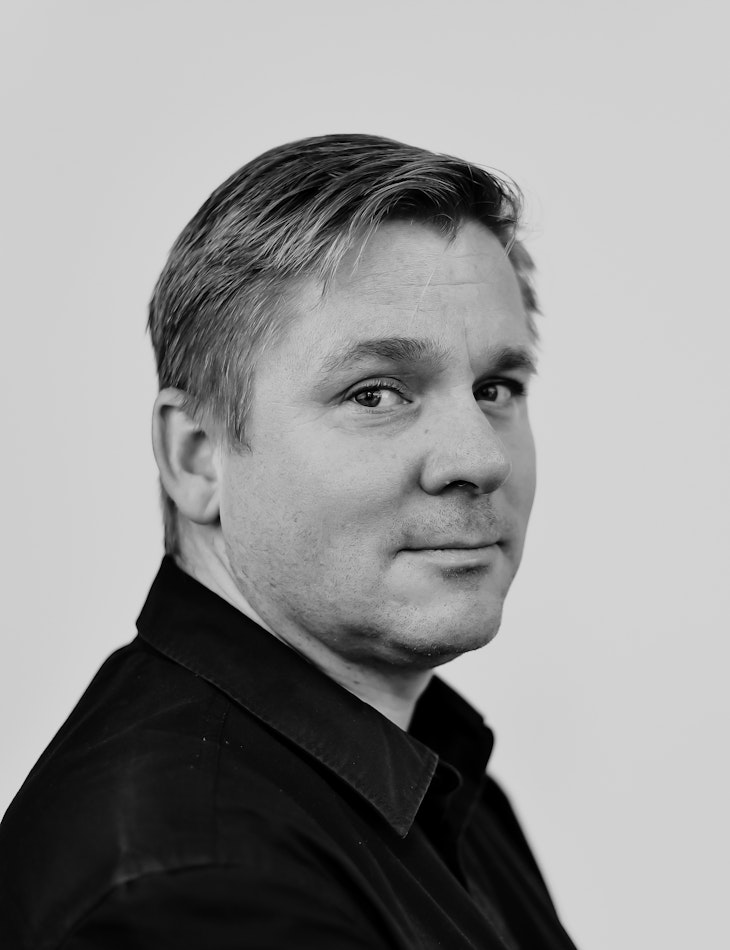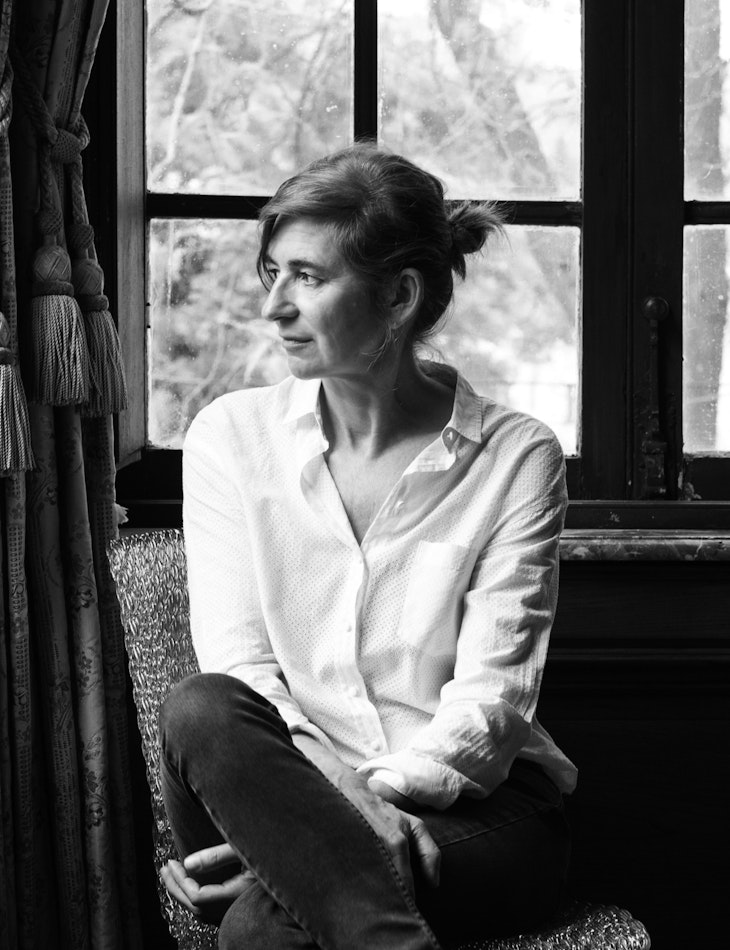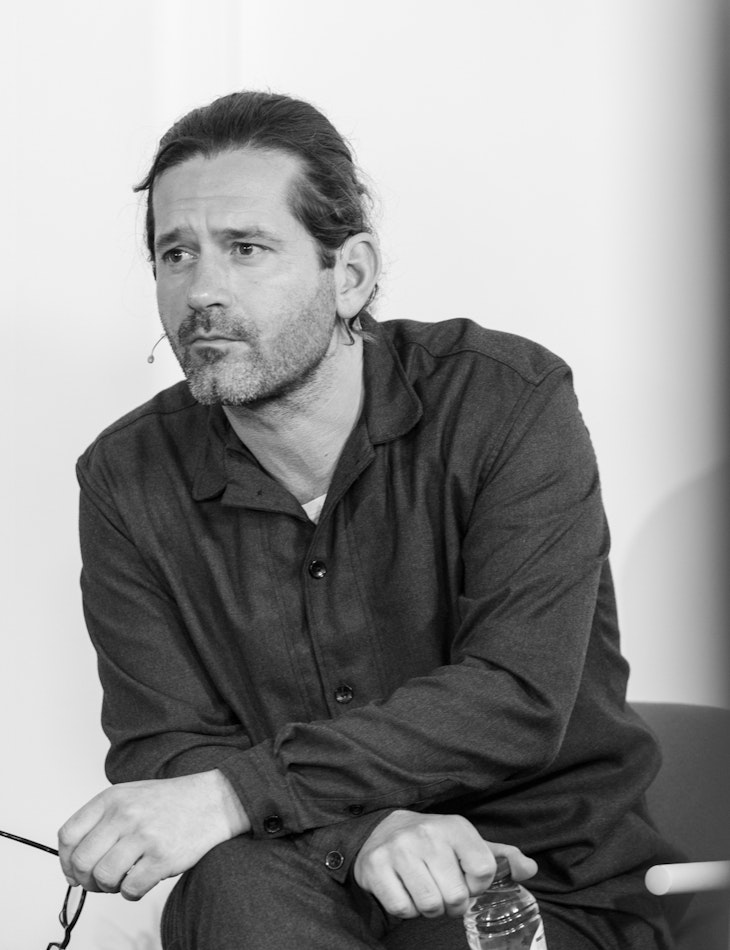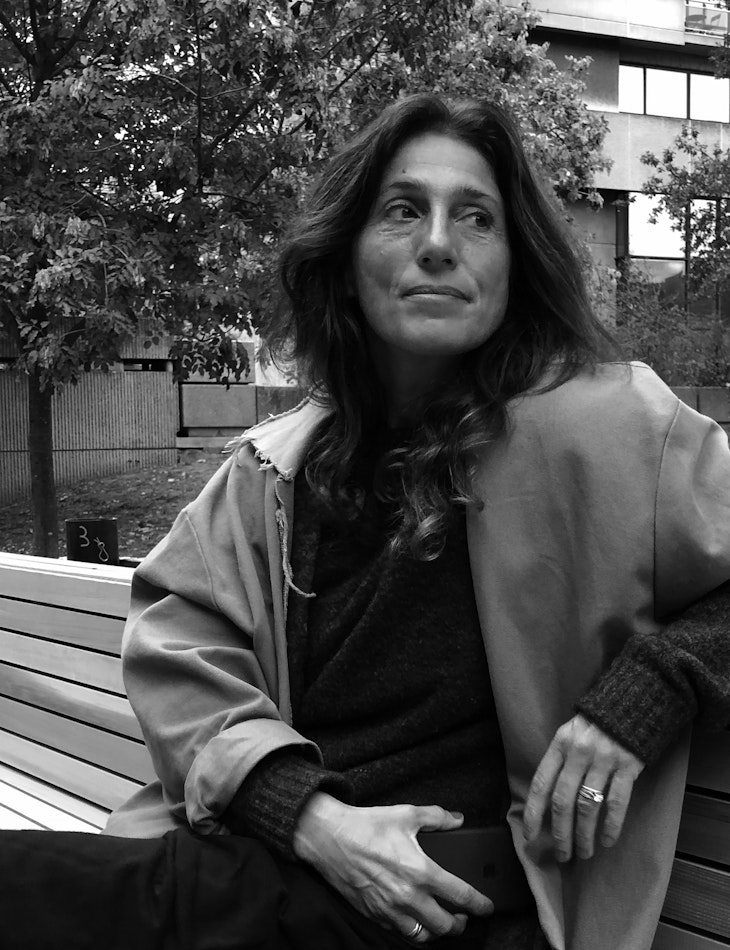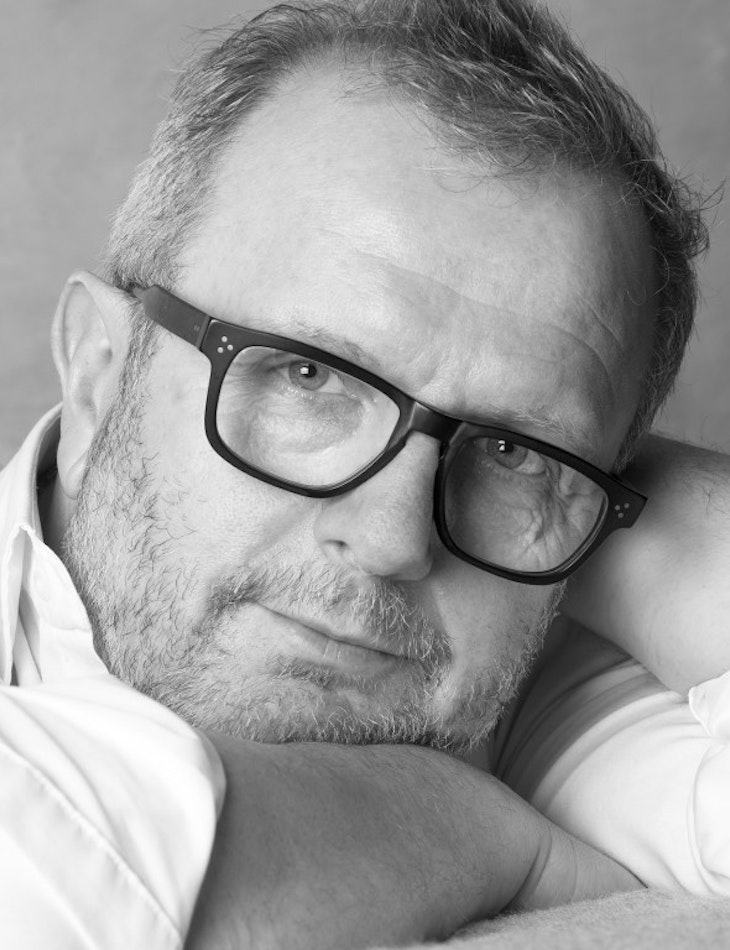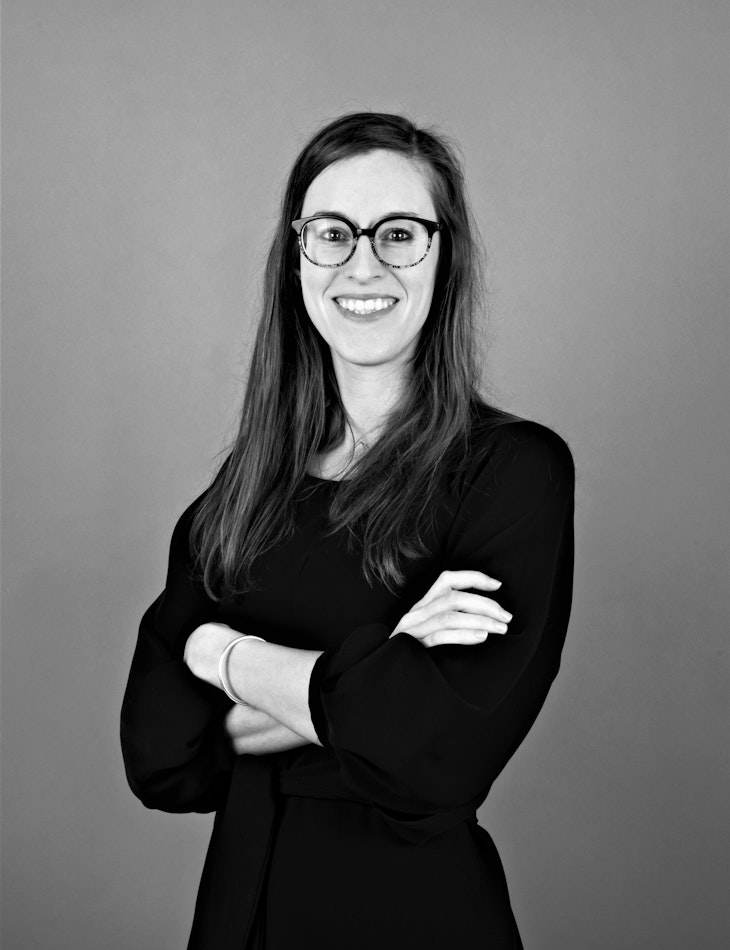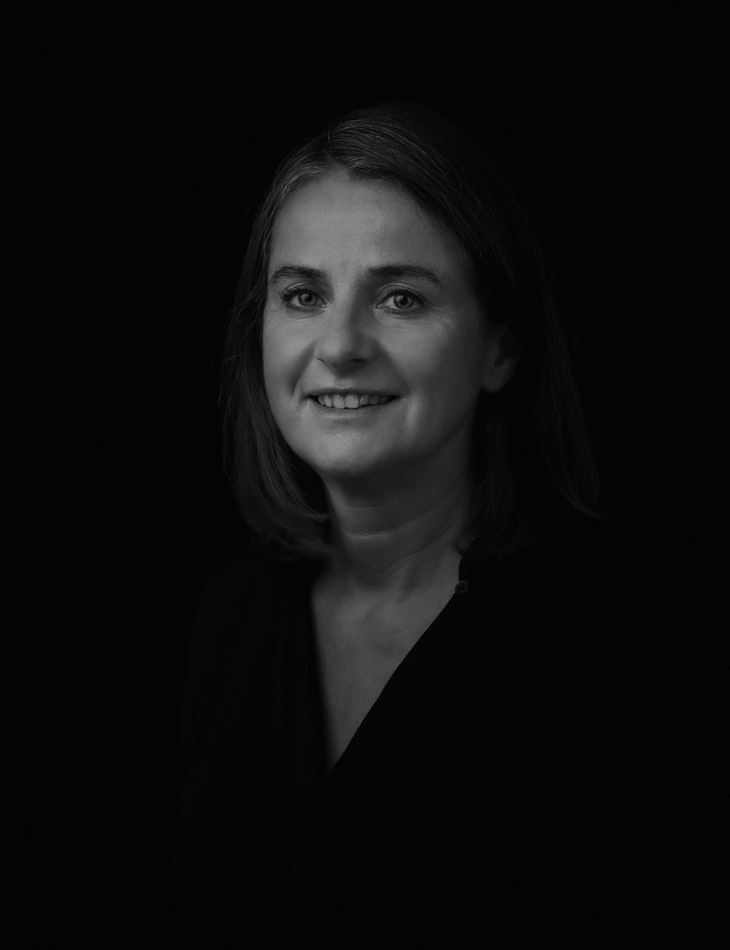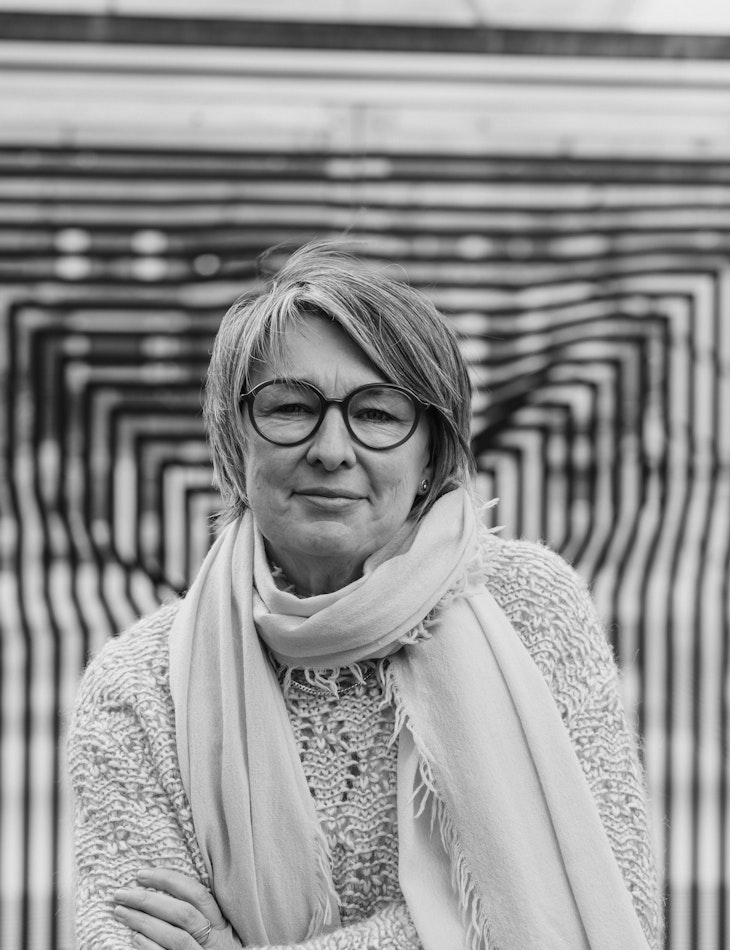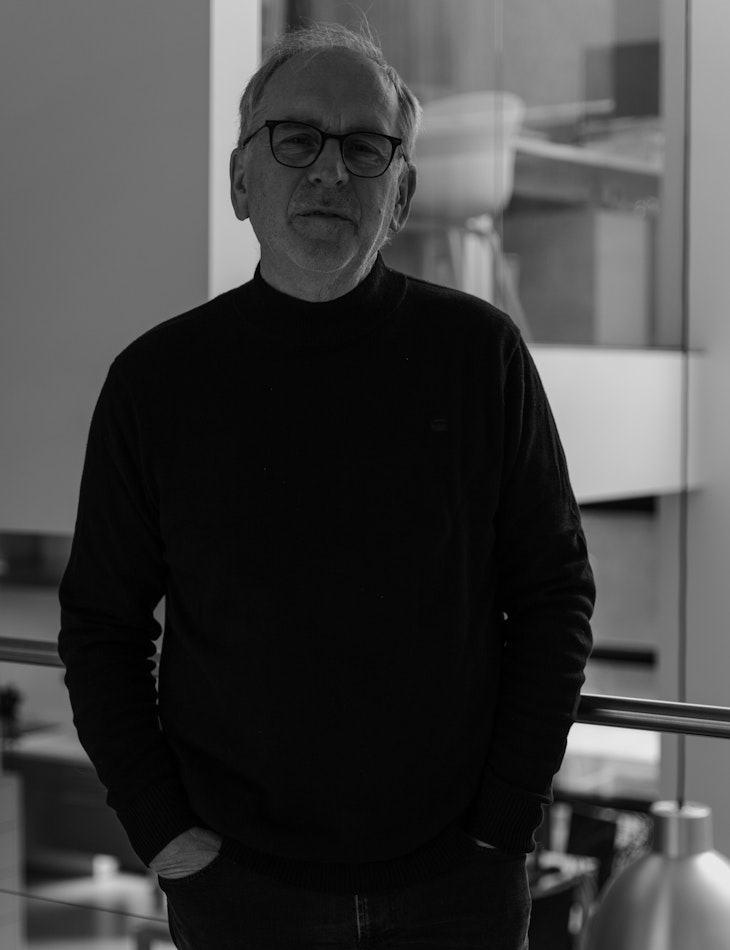de Velde
These are the jury members of this edition
Design is a broad discipline. The Henry van de Velde Awards therefore highlight a diverse range of design disciplines. To detect the best of each category, we rely on a professional jury.
This year's Henry van de Velde Awards jury consists again of members with a rich and diverse experience in just about every field of design. Under the watchful eye of jury chairman Chris Baelus, they will analyse all the entries and come up with a thorough list of three winners per category.
The jury that will analyse the entries exists of Bas Sturm, Bie Luyssaert, Brigitte Mouligneau, Elien Haentjens, Fabienne Beernaert, Herman Konings, Hilde Peleman, Jynse Cremers, Max Borka, Nansi Van Geetsom, Ronald Bastiaens, Siegrid Demyttenaere, Stefaan Vandist and Virginia Tassinari.
Chris Baelus was a professor of product development at the University of Antwerp. He graduated in 1981 as an industrial designer from the NHIBS/Henry van de Velde Institute. After working as an independent designer for several years, he opted for education and research in product development. Until his emeritus status he has been affiliated with the Faculty of Design Sciences at the University of Antwerp.
Bas Sturm studied industrial design at TU Delft. He worked for DAF, Philips and GE Plastics, among others, and was a partner at the design agency NLA Industrial Design. In the meantime, he taught part-time at Design Academy Eindhoven. As a business advisor at VLAIO Team Bedrijfstrajecten, he is intensively involved in innovation projects at Flemish companies.
Bie Luyssaert is Head of Public Relations & Communication at the Design Museum Ghent since 2020. At Design Flanders since 1999, she discovered her love for design in all its aspects. Promoting and supporting Flemish designers for more than twenty years has provided a thorough insight into the Flemish design landscape.
Brigitte Mouligneau studied law and worked for the Leuven Faculty of Law and the Flemish Government. Her interest in sustainable transitions and network management grew from her focus on the more complex long-term challenges. For example, she was able to work at Vlaanderen Circulair in 2016, where she has been focusing on the transition to a circular economy in Flanders as the Transition Manager since 2018.
After studying art history and archaeology at Ghent University, Hilde Peleman became the manager of Copyright Bookshop in 1983, with a first branch in Ghent and later also in Antwerp. She has a great interest in art, architecture, photography, design, fashion and graphic design in the broad sense of the word. She started her publishing company Copyright Slow Publishing where books on architecture and design are published without any hurry.
As an art historian, Elien Haentjens has been writing about design, art and architecture for various magazines, publications and websites for 15 years. In addition, she has been curating and organising exhibitions and residencies for designers since 2012, especially in Brazil, and since 2018 she has been affiliated with the KASK School of Arts in Ghent. Every year she’s a member of various juries and committees.
Fabienne Beernaert is a lecturer, researcher and coordinator of the Design for Impact programme at LUCA School of Arts Ghent. She supports creative people in tackling complex social challenges and solving 'wicked problems' together. Fabienne believes in the cross-fertilisation of disciplines, in empowering students, in the cross-over between education, research and the creative field.
Herman Konings is a change psychologist and trend analyst, and a much sought-after speaker. In 1992, he founded the trend study bureau Pocket Marketing/nXt in Antwerp. Herman is an inspired traveller in the wonderful world of passions and interests, of trends and future expectations, of what is and what could be. In 2021, his seventh book ‘Gap The Mind — De impact van mindblowing gebeurtenissen op mens, markt en maatschappij’ has been published.
Jynse Cremers was the academic director of the Digital Design & Development bachelor’s programme at Howest Kortrijk for 10 years. She now teaches Digital Design and passionately guides the next generation of digital makers through our complex and extremely connected world. She is convinced that digital innovations have great added value for our society. She is also a member of the Management Board of School of Arts Ghent.
Max Borka worked as a journalist, radio producer and art critic before becoming director of the Interieur Foundation and later of designbrussels, co-founding DAMn° magazine and launching Mapping the Design World, a platform on social design. As an exhibition maker, he worked mainly for German museums. He has written books and catalogues and has taught at various universities. Recently, he directed State of Design Berlin and the Berlin Design Week. He is currently writing an Einstein biography.
Nansi Van Geetsom is training manager of the postgraduate Space & Service Design at Thomas More and senior lecturer and researcher in services design and service environments. She studied interior architecture and training and education sciences and as international coordinator of ID&A she founded the network GIDE. Design thinking for education and social enterprises and design for social impact are important topics for her.
Ronald Bastiaens is Academic Director at Howest Kortrijk. After fifteen years as coordinator and lecturer in the Industrial Product Design programme, he is now responsible for the education and training offer. Howest offers many training programmes within the creative industry: Industrial Product Design (IPO), Digital Design & Development (Devine) and Digital Arts and Entertainment (DAE).
Siegrid Demyttenaere is a founding partner, publisher and creative director of DAMN° magazine, and she heads an international visual communication agency, Waterproof. Siegrid Demyttenaere also carries out a number of private assignments as an art director and curator for companies and institutions, works as a design researcher and consultant and teaches at LUCA School of Arts Ghent.
Stefaan Vandist is a partner at innovation agency switchrs. Together with colleague Jan Leyssens, he guides organisations in embracing sustainability as an opportunity for innovation and entrepreneurship. He is the author of two futuristic books We, Myself & A.I. and Pretopia. He finds daily inspiration in his broad portfolio of clients, including Volvo Cars Nederland, L'Oréal, Uplace and Tomorrowland.
Virginia Tassinari’s research focuses on how philosophy can contribute to the contemporary design research discourse. She is currently researcher and lecturer at the Politecnico di Milano's Desis Lab (IT) and LUCA School of Arts (Product Design, EMA)/KULeuven (RAAD). She is a visiting scholar at Parsons, the New School of Design (USA) and design researcher at foresight and design studio Pantopicon. With Eduardo Staszowski, she published Designing in Dark Times. An Arendtian Lexicon in 2020.
Bart Lens is the founder of Lens°Ass studio and works on projects ranging from architecture and interior design to product and concept development. He designs for companies such as Moome, Jongform, Eden Design, and was asked to lead Bokrijk into a new era. He became curator with the task of developing an innovative and contemporary view of museum operations for the various crafts. As Bokrijk Master Builder, Bart helps watch over the DNA values from an overarching vision of craftsmanship.
In addition, there are also a number of jury members who will determine who goes home with the Lifetime Achievement, Young Talent, Company and Ecodesign by OVAM Award, namely Annelies Thoelen, Brigitte Mouligneau, Elien Haentjens, Heren Loebas, Inge Vranken, Katrien Laporte, Max Borka and Vic Cautereels.
Chris Baelus was a professor of product development at the University of Antwerp. He graduated in 1981 as an industrial designer from the NHIBS/Henry van de Velde Institute. After working as an independent designer for several years, he opted for education and research in product development. Until his emeritus status he has been affiliated with the Faculty of Design Sciences at the University of Antwerp.
Annelies Thoelen is curator at Z33. With a master’s degree in Art History and a PhD she started at Design Flanders in 2013. She is responsible for projects on Flemish design policy and is an international design advisor for the Creative Industries Fund in Rotterdam. She is a member of the editorial board of the ‘Tijdschrift voor Interieurgeschiedenis en Design’ and teaches design history and contemporary design at LUCA School of Arts in Genk.
Brigitte Mouligneau studied law and worked for the Leuven Faculty of Law and the Flemish Government. Her interest in sustainable transitions and network management grew from her focus on the more complex long-term challenges. For example, she was able to work at Vlaanderen Circulair in 2016, where she has been focusing on the transition to a circular economy in Flanders as the Transition Manager since 2018.
As an art historian, Elien Haentjens has been writing about design, art and architecture for various magazines, publications and websites for 15 years. In addition, she has been curating and organising exhibitions and residencies for designers since 2012, especially in Brazil, and since 2018 she has been affiliated with the KASK School of Arts in Ghent. Every year she’s a member of various juries and committees.
Seven years ago, Stijn D'Hondt and Peter Van de Sijpe started their own creative studio, Heren Loebas, where they create visual worlds for people, places, companies and organisations. In doing so, they always seek the balance between art and communication. In other words: touching people with design. They have built a customer base that crosses national borders. In 2020, Heren Loebas itself won a Henry Van de Velde Graphics Award for its campaign B401 Bruggenbouwers for the city of Ghent.
Inge Vranken studied art sciences at the KULeuven and has been working for the government as an art consultant since 1986. From 1991 onwards, she helped develop Design Flanders and later focused mainly on curating the exhibitions in the Design Flanders Gallery and on coordinating the Henry van de Velde Awards. She continued the latter after the merger with Flanders DC and FFI in 2016, when she also became the antenna for the design sector in Flanders. She stopped working in 2022.
Katrien Laporte was gedurende 20 jaar manager in verschillende kunstenorganisaties. Van 2007 tot 2012 werkte ze op het vlak van cultuurbeleid als adviseur cultuur van de schepen van cultuur, toerisme en festiviteiten. Sinds 2013 leidt ze het Design Museum Gent.
Max Borka worked as a journalist, radio producer and art critic before becoming director of the Interieur Foundation and later of designbrussels, co-founding DAMn° magazine and launching Mapping the Design World, a platform on social design. As an exhibition maker, he worked mainly for German museums. He has written books and catalogues and has taught at various universities. Recently, he directed State of Design Berlin and the Berlin Design Week. He is currently writing an Einstein biography.
Vic Cautereels is a product designer of people-centred design experiences, and a researcher of simplicity. He is also head of Studio TurnAround at Design Academy Eindhoven. During his international career, he developed a particular affection/aversion for plastics. He served as Global Vice President Design at DeSter and as Director Design EMEA for Tupperware Brands. He studied industrial design at the NHIBS Antwerp.
